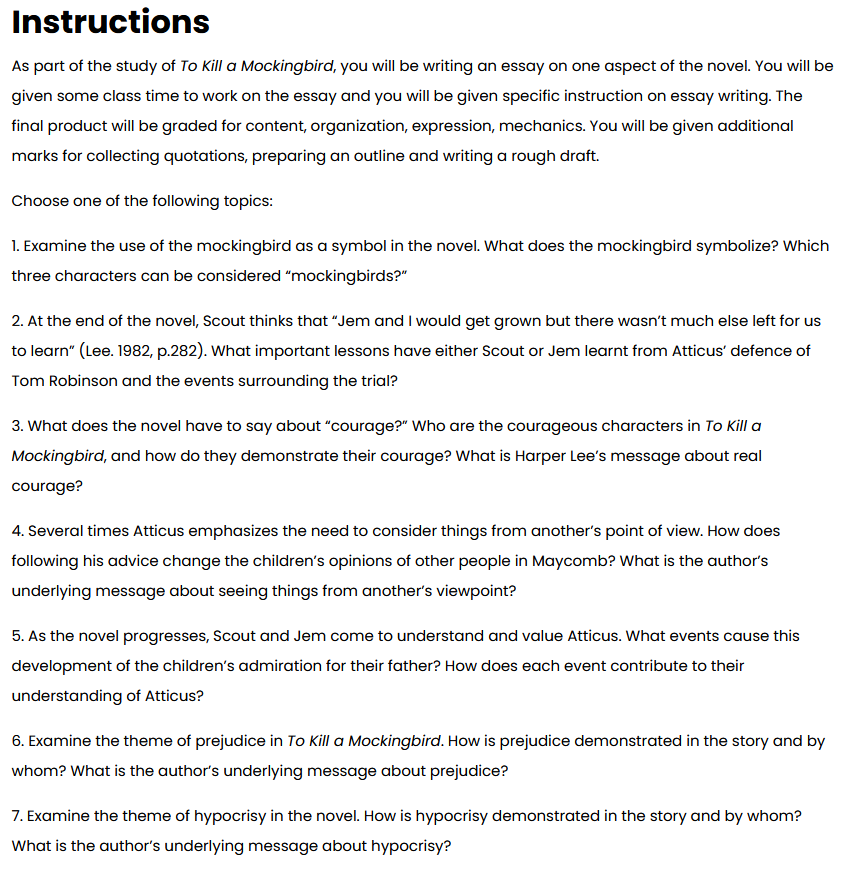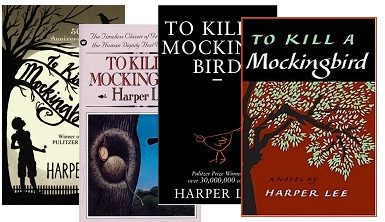In this lesson, students examine the impact of rumors and gossip in their own lives and in To Kill a Mockingbird. After analyzing the difference between what is said and what is known about Arthur Radley, students write a sensational, tabloid-style news article.
I usually use this lesson early in the novel, just after we are introduced to Arthur (Boo) Radley.
For more great lessons, please see my full unit plan for To Kill a Mockingbird.
1. Gossip
- Ask students to share examples of being the victim of gossip or rumour.
- Why do people gossip?
- Students are to make a T-Chart in their notes.
- Have the students consult the first chapter and make a list of things that they know are true about Boo Radley, and things that are rumour.
- When they are finished, have them share with the class and make a master list on the board.
- Then discuss other examples of truth and rumour being different – high school students should be able to provide a few examples of this phenomenon.
2. Truth vs. Rumor
|
Truth (known fact) |
Rumour |
|
|
3. Maycomb Enquirer
- Pass around some newsstand gossip magazines – national enquirer, etc.
- Examine together and talk about how these articles might affect people’s lives. How much is fact and how much is fiction?
- After they have had a look at the gossip magazines, tell students they are to write an article for the Maycomb Enquirer.
- Their articles should have one foot planted lightly in fact, but can be sensational and largely invented.
- Have students share their articles when they finish.



Fantastic lesson. Can’t wait to use it next time I teach To Kill a Mockingbird. Thanks.
You are most welcome. I hope it works for you and your students.
Wow, this was actually really helpful. I am glad I checked it out. Usually I wouldn’t post any comments but I thought I should let you know I was pleasantly surprised. Thanks
Rumours can be terribly harmful in schools. This is good way of comparing social issues from the book to the daily lives of the students.
Hi, could we use truth vs rumours as a duality in TKAM?
This really helped me and my students! Thank you so much.
Great lesson! thanks.